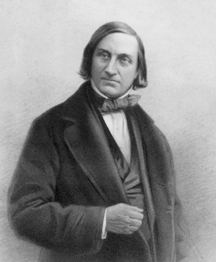Top 16 Quotes & Sayings by Edward Forbes
Explore popular quotes and sayings by a British scientist Edward Forbes.
Last updated on April 14, 2025.
Palaeontological research exhibits, beyond question, the phenomenon of provinces in time, as well as provinces in space. Moreover, all our knowledge of organic remains teaches us, that species have a definite existence, and a centralization in geological time as well as in geographical space, and that no species is repeated in time.
...It is a very remarkable fact that the species of shell-fish common to Greenland and Finmark are not all inhabitants of deep or moderately deep water .... That these littoral mollusks indicate by their presence on both sides of the Atlantic, some ancient continuity or contiguity of coast-line is what I firmly believe.
Moreover it is becoming the Britons, whether scientific or unscientific, who boast at all fitting occasions of their aptitude to rule the waves, should know something of the population of their saline empire, especially of those parts of it immediately in contact with their terrestrial domain, and the coasts of the Continent to which our United Kingdom appertains.
As to giving credit to whom credit is due, rest assured the best way to do good to one's-self is to do justice to others. There is plenty for everybody in science, and more than can be consumed in our time. One may get a fair name by suppressing references, but the Jewish maxim is true, 'He who seeks a name loses fame.'





















